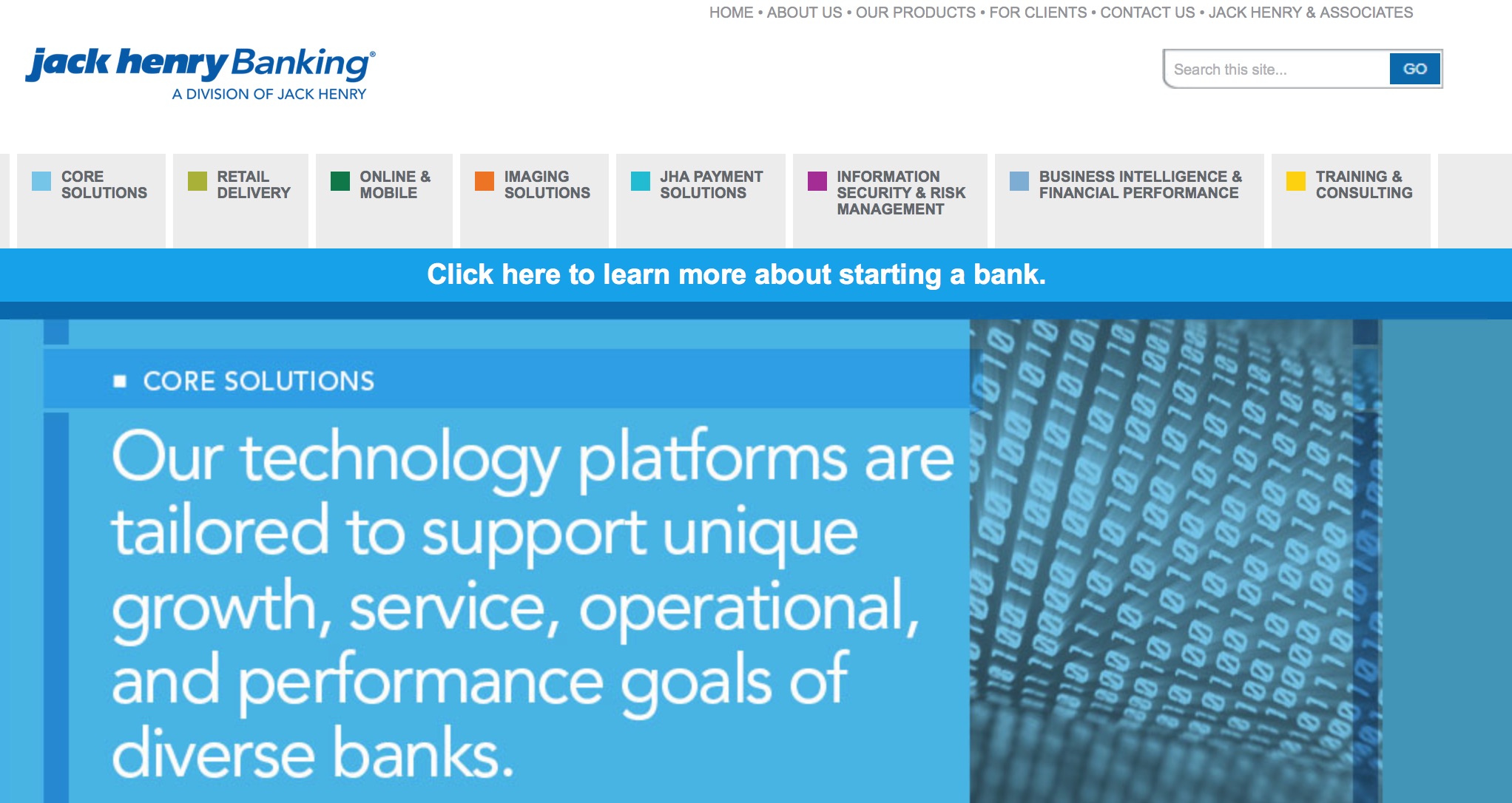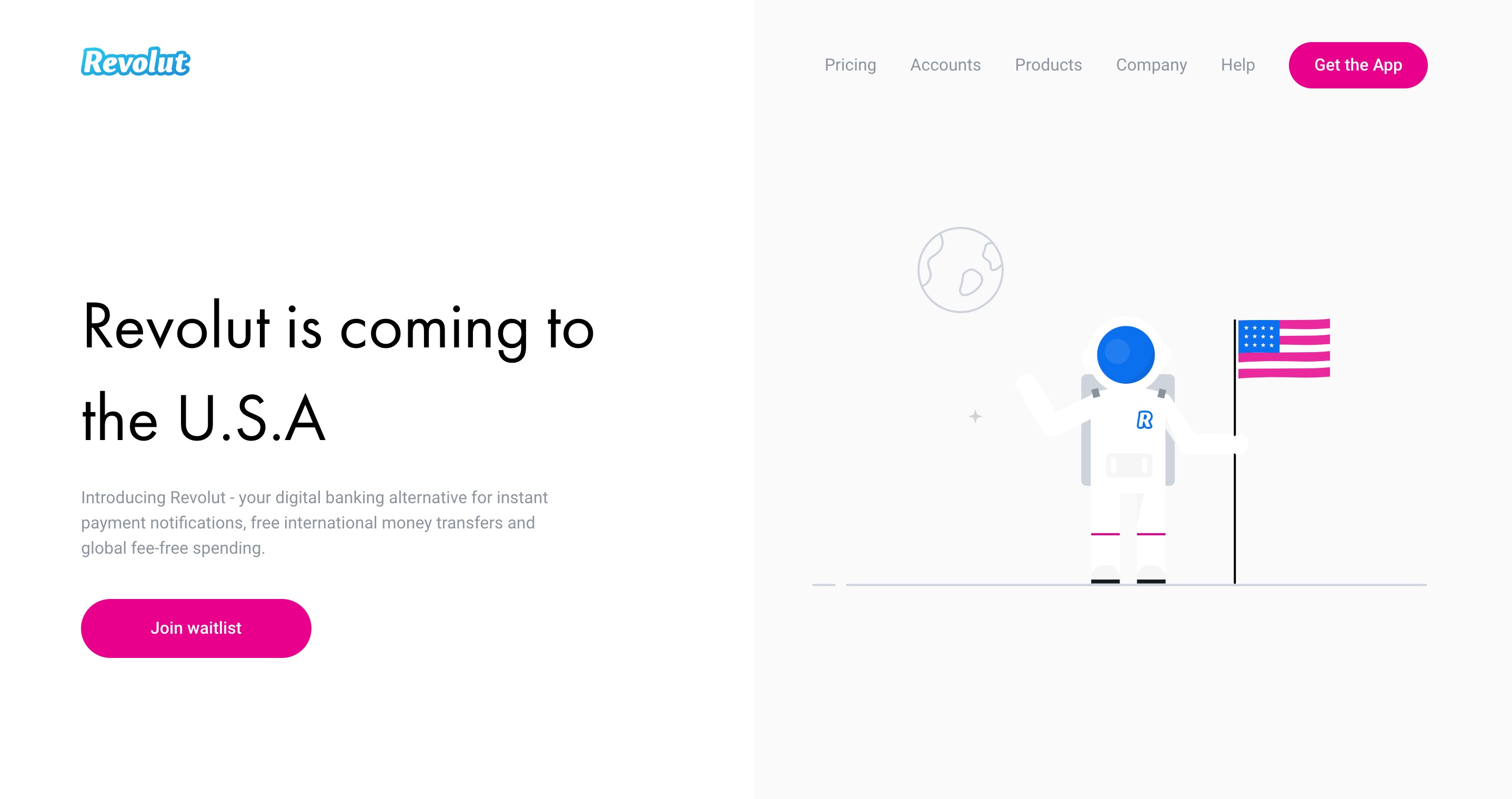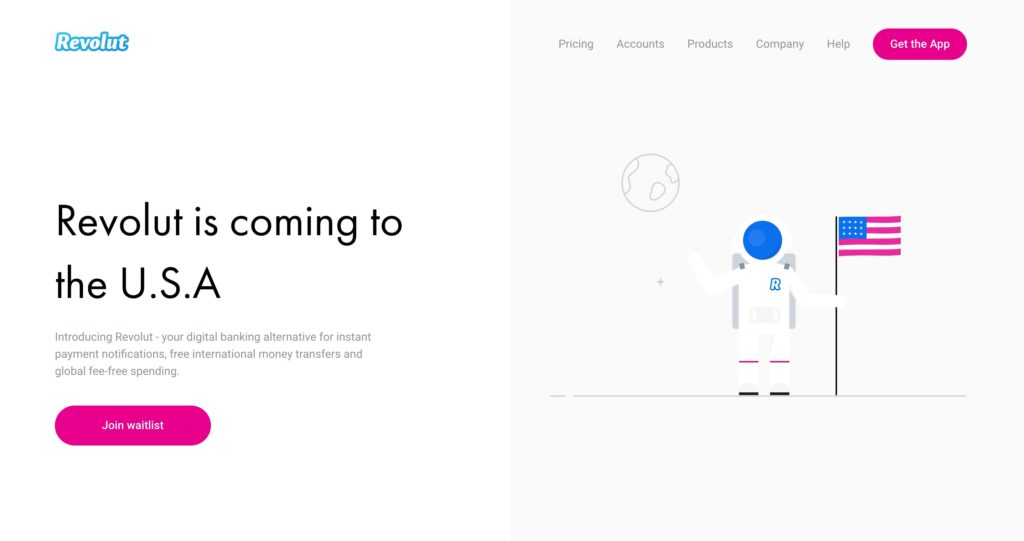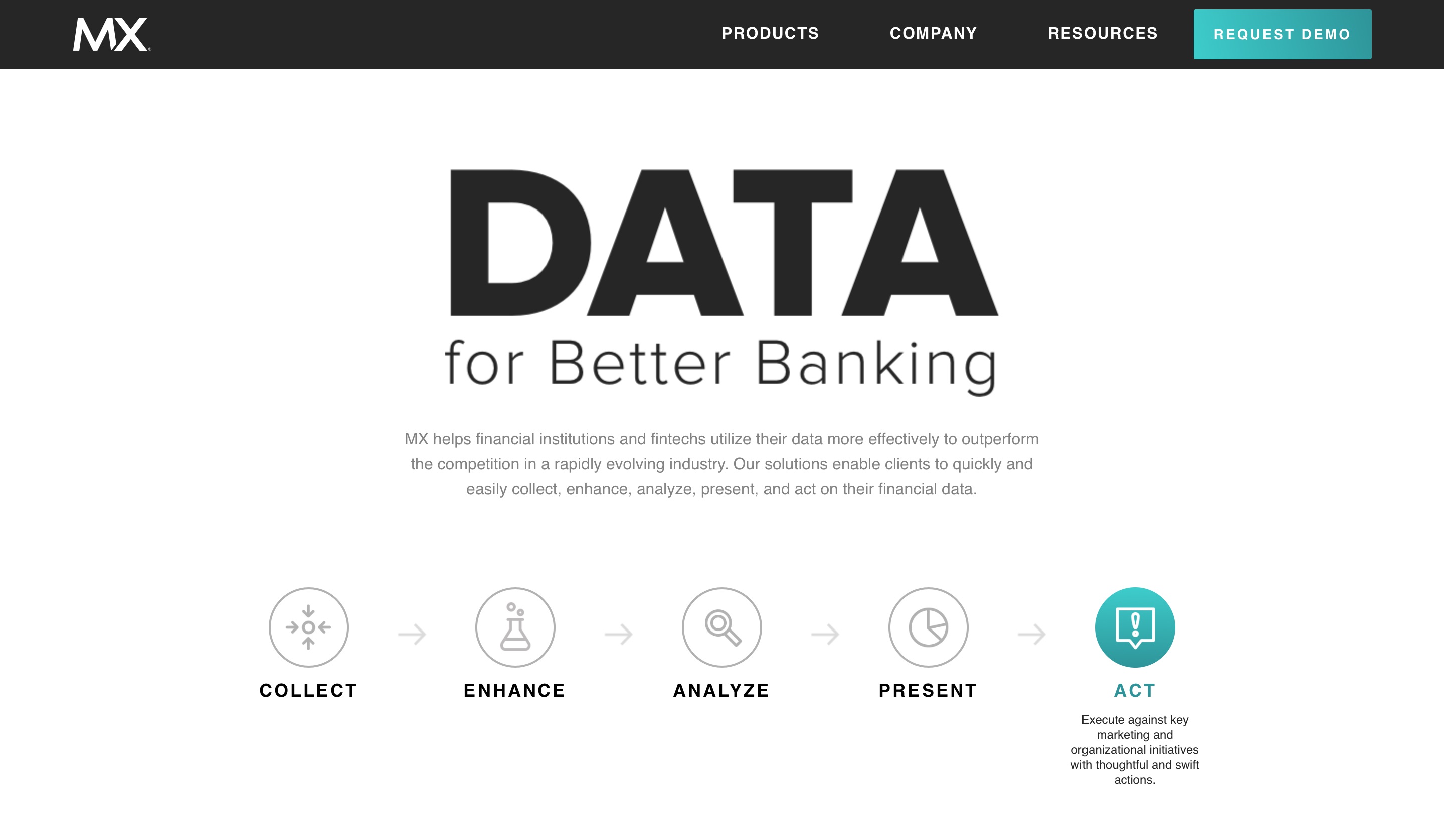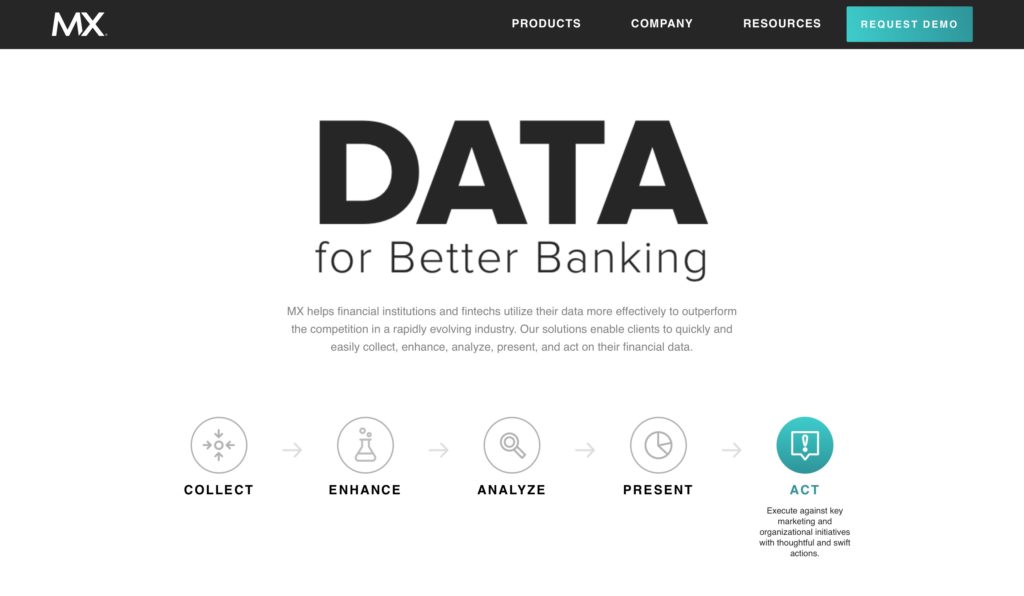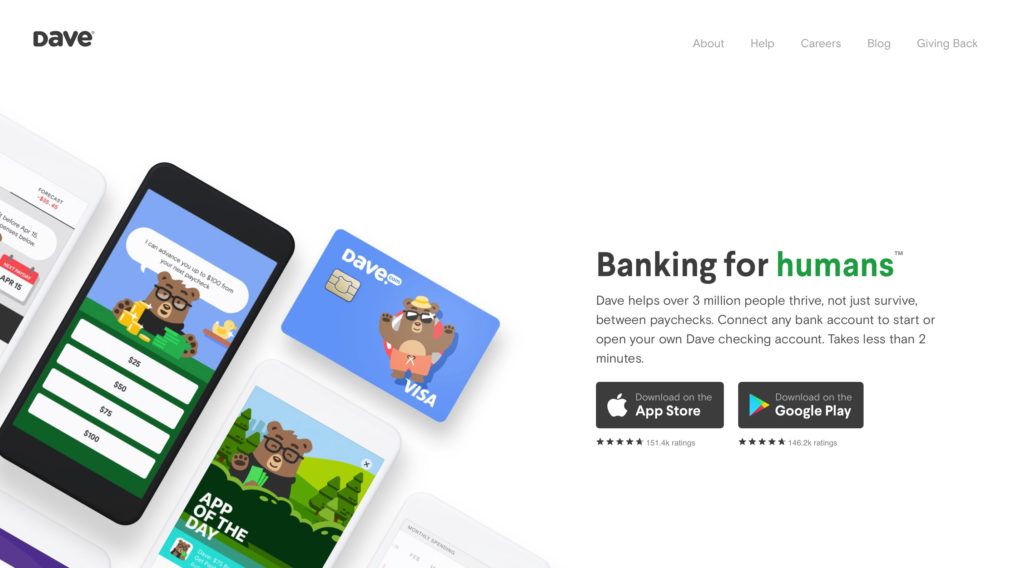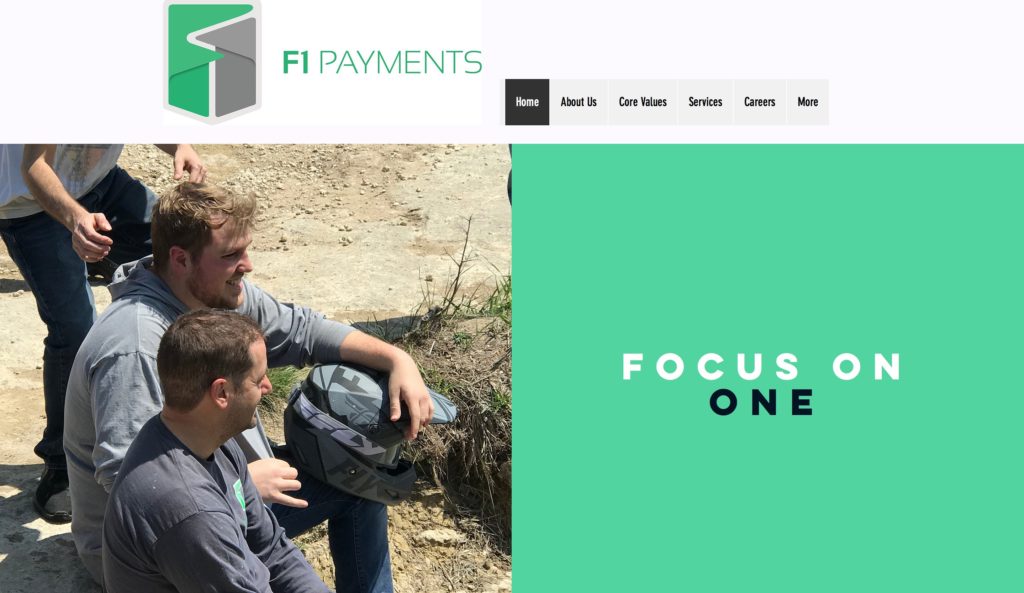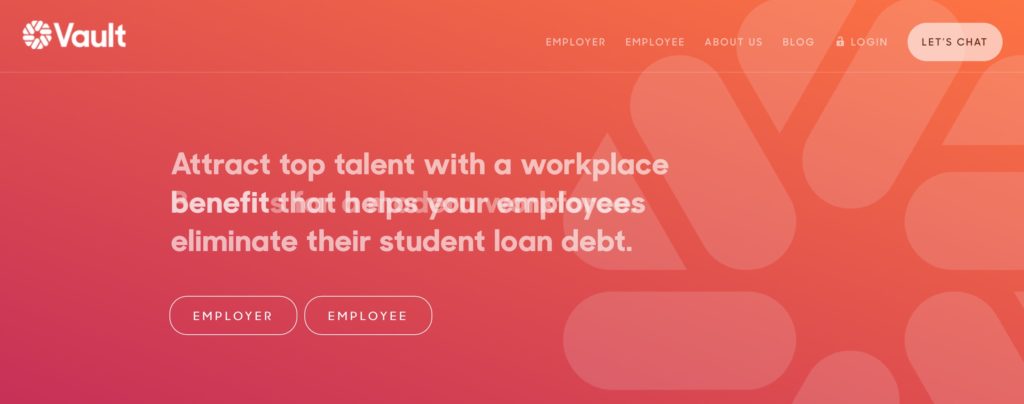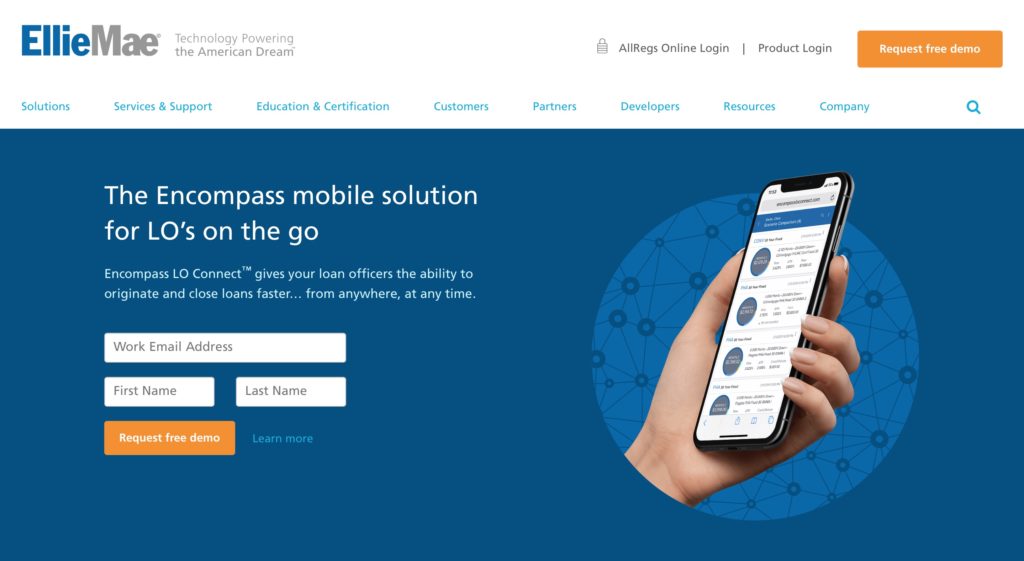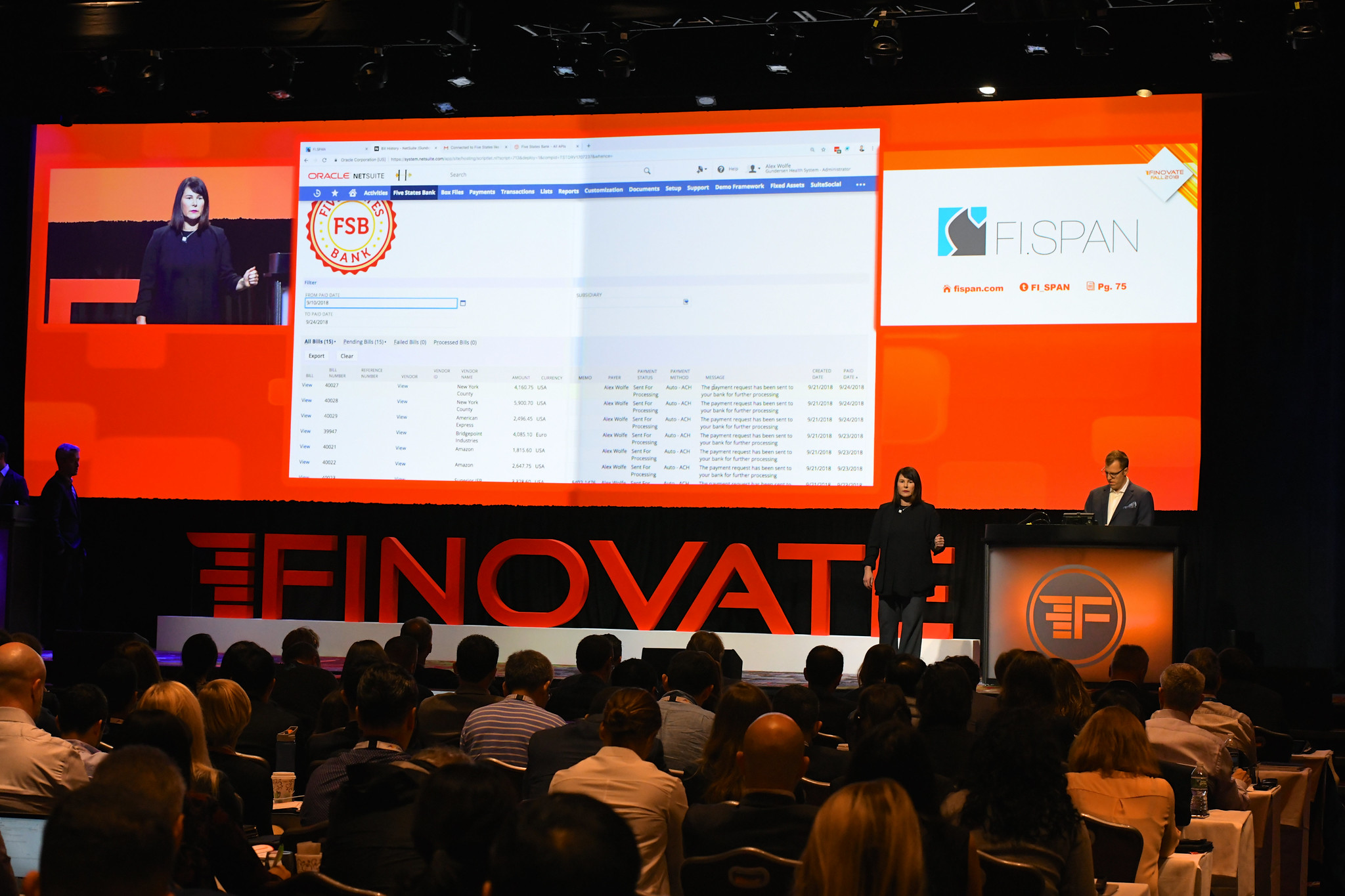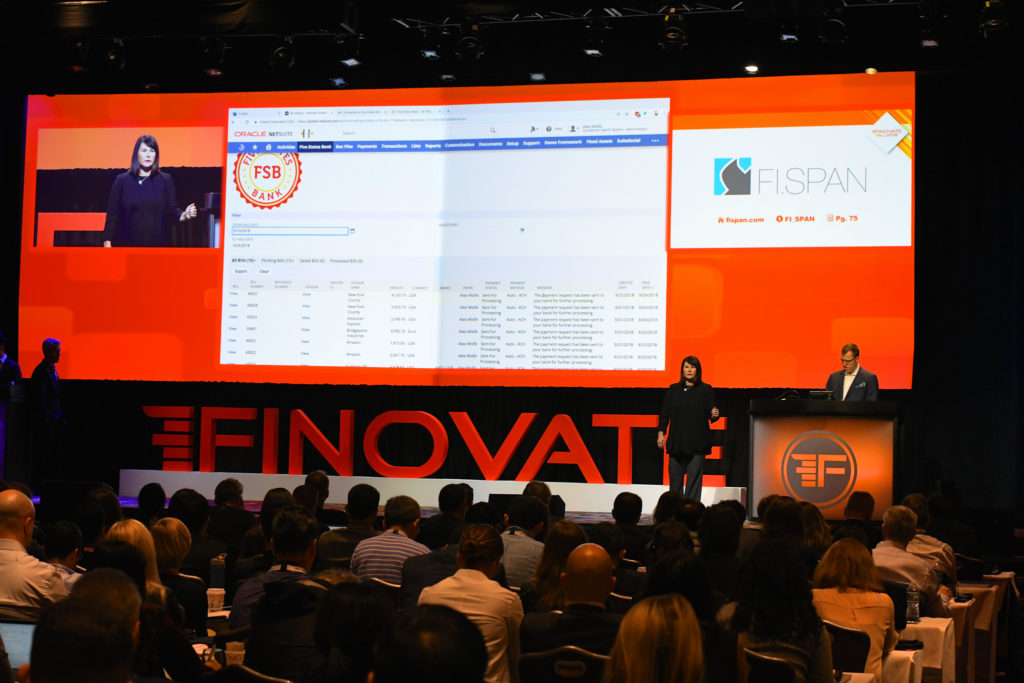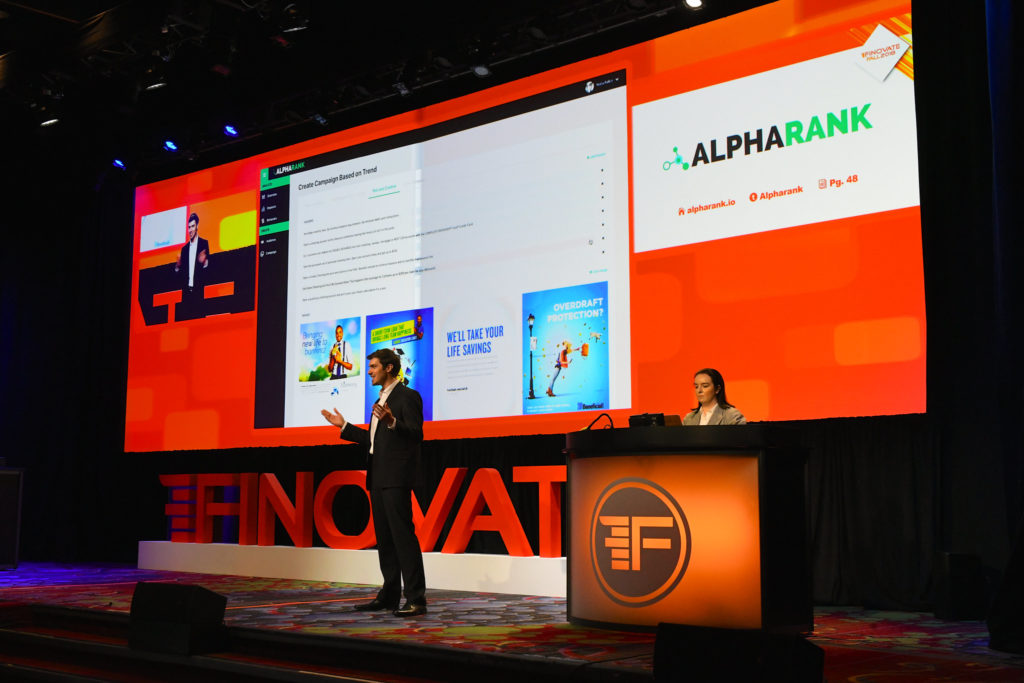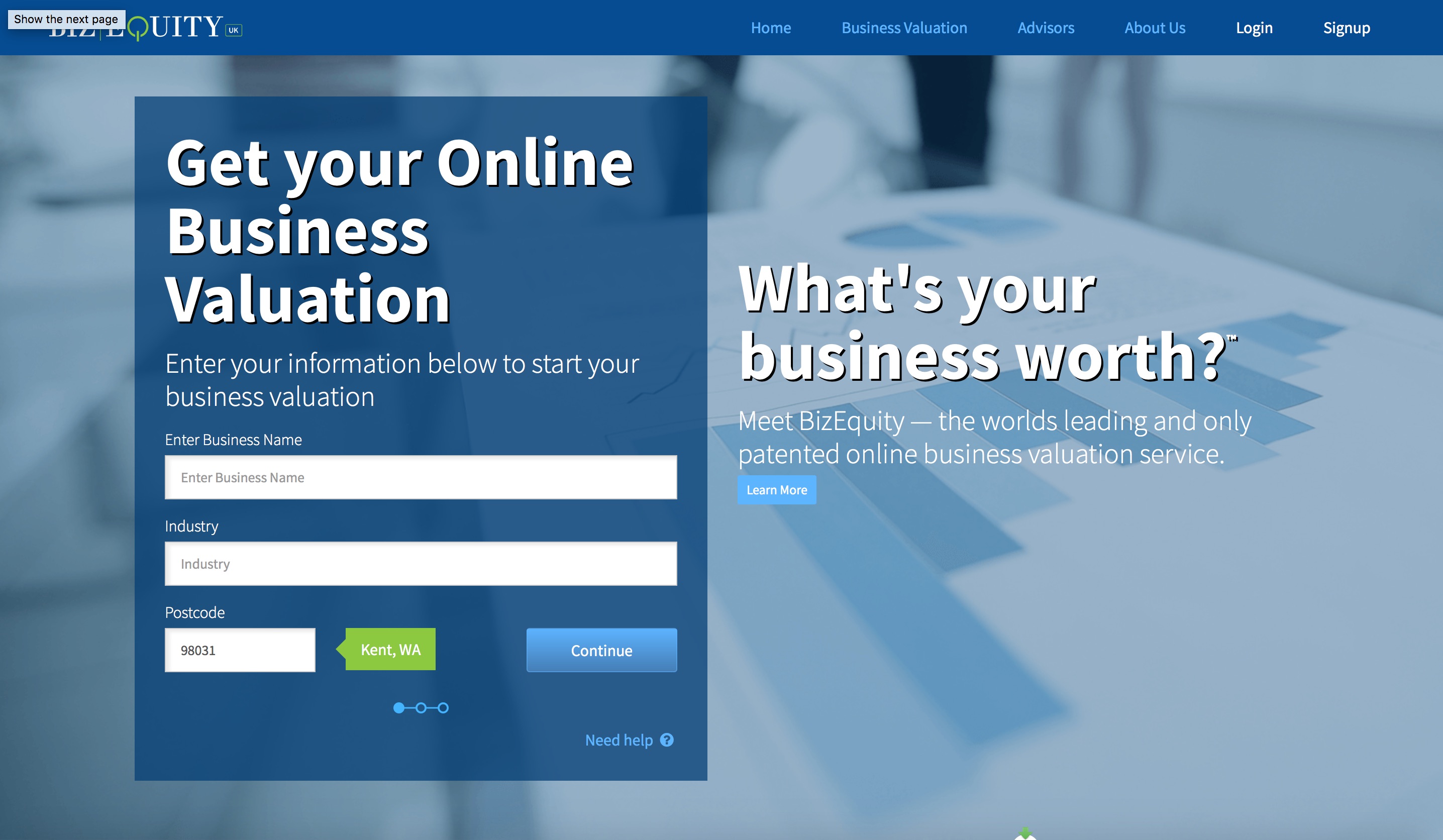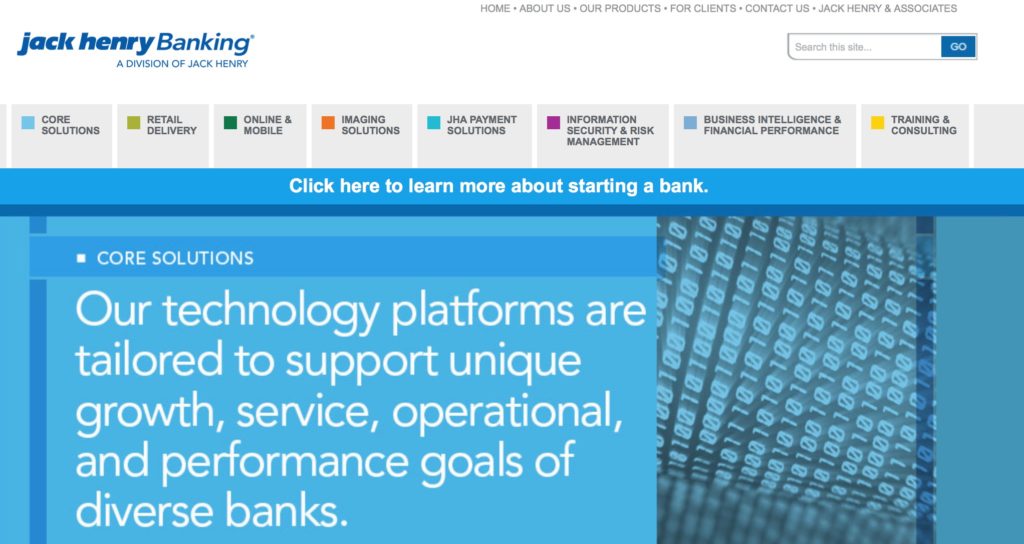
Jack Henry & Associates has attracted 57 banks and credit unions away from competitors in the fiscal year 2019, reports Jane Connolly of Fintech Futures (Finovate’s sister publication).
The technology solutions and payment processing services provider has seen a record number of financial institutions switch to its core banking platform, in the year to 30 June.
Jack Henry focuses on helping community and regional financial institutions to offer their customers modern banking experiences and to remain competitive in a changing market.
New clients stated reasons for switching have included the desire to provide an online retailer-style service for customers, openness and commitment to scale, and the ability to achieve tighter integrations and enhanced workflows from the open infrastructure.
Busey Bank and holding company First Busey Corporation both chose the Jack Henry Banking SilverLake System.
“Jack Henry’s advanced API network provides the open architecture and sophisticated connectivity necessary for us to chart our own course. This partnership supports our dedication to strategic process improvements and investment in integrated technology platforms,” said Howard Mooney, chief information officer of First Busey Corporation.
David Foss, president and CEO of Jack Henry, said it is an exciting time in banking.
“The industry is open to more collaboration and advanced technologies, while renewing its focus on user centricity,” he adds. “We’re committed to partnering with these regional and community financial institutions to help them compete with technology that is efficient, scalable and built to last.”
The 32 banks and 19 credit unions range from those with $64 million in assets to $9.6 billion, along with six de novo banks.
Jack Henry’s most recent appearance at Finovate was at FinovateFall 2015, when the company demonstrated technology from its recent acquisition, Banno. Founded in 1976 and headquartered in Monett, Missouri, Jack Henry is the primary technology partner for more than 1,000 community banks and multi-billion dollar mid-tier financial institutions.
With more than $1.5 million on revenues during fiscal 2018, Jack Henry is a publicly-traded on the Nasdaq exchange under the ticker JKHY and has a market capitalization of $11 billion.
